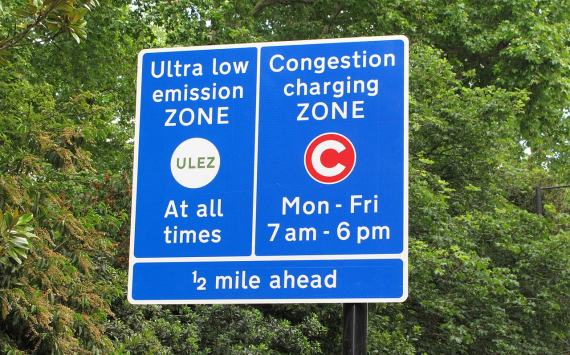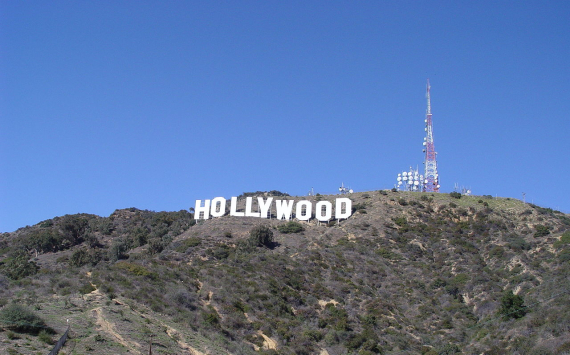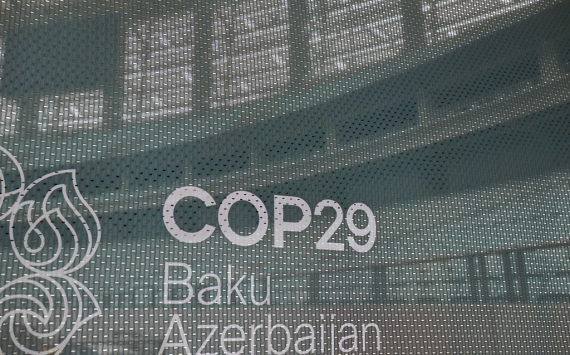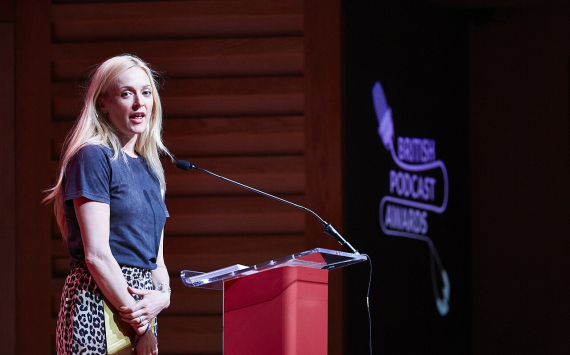
The ULEZ Expansion
London's ULEZ expansion, designed to combat air pollution, has triggered a heated debate. Covering more people in the outer boroughs, the plan faces legal challenges and concerns about economic repercussions.
Expansion and Legal Challenge
Mayor Sadiq Khan's traffic plan faces legal challenge from local councils over consultation process. Court testing on Tuesday raises validity and implementation concerns.
Case Study: Carl Cristina's Perspective
Carl Cristina, a 44-year-old tree surgeon near the ULEZ boundary, opposes the expansion. Unable to afford a new van, he dismisses the scrappage scheme, fearing it would make him uncompetitive and reduce his income. His story reflects the struggles of those affected by the ULEZ expansion.
Data Disputes
The London transport authority claims that only one in ten cars in outer London are not ULEZ-compliant. However, this statistic has been heavily contested, with some arguing that the actual figure may be higher. Such disputes over data further contribute to the ongoing debate surrounding the ULEZ expansion.
Mayor Khan's Counterarguments London Mayor Sadiq Khan seeks re-election and proposes a £110 million scrappage scheme to subsidize newer vehicles by £2,000. ULEZ has reportedly reduced central London's nitrogen dioxide levels by nearly 50% since 2019, according to independent assessments. Critics challenge the validity of these assessments.
Global Policy Challenges
The London ULEZ controversy reflects global challenges in combating air pollution while considering the economy. Similar conflicts occur in cities like Rome. Balancing economics and the environment is complex for policymakers.
Complexity of Benefits
Calculating the net benefits of ULEZ expansions is complex. While effective in city centers with high pollution and public transportation options, expanding ULEZ to outer boroughs raises feasibility and overall benefit concerns.
Public Sentiment
Public opinion on the ULEZ expansion is split. According to a recent YouGov poll, 43% of Londoners backed the expansion, while 8% preferred a delayed implementation. On the flip side, 27% were against it, and some respondents remained undecided. These varying viewpoints highlight the complexity and sensitivity of the matter.






































